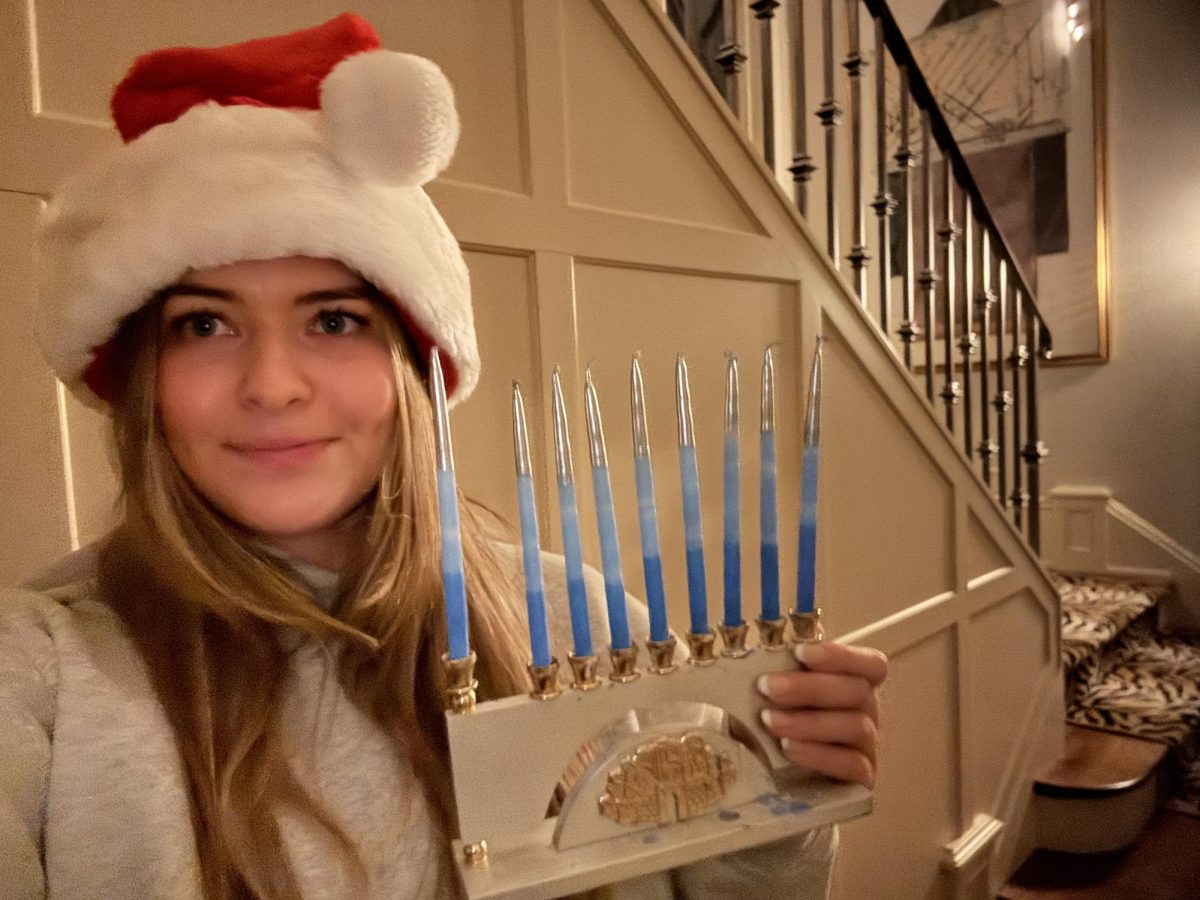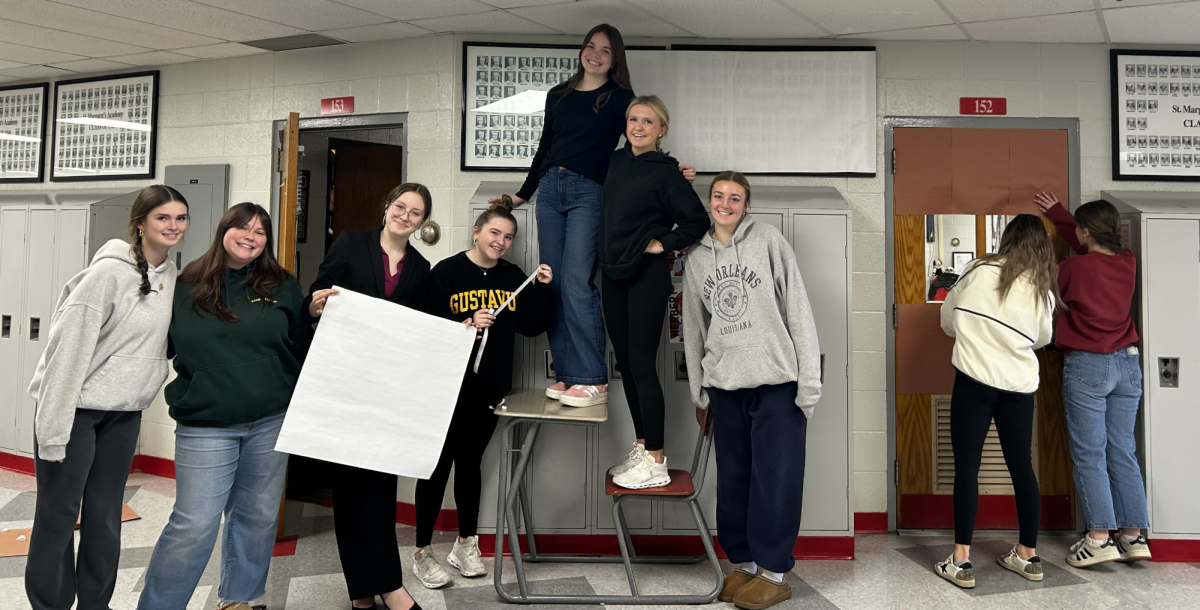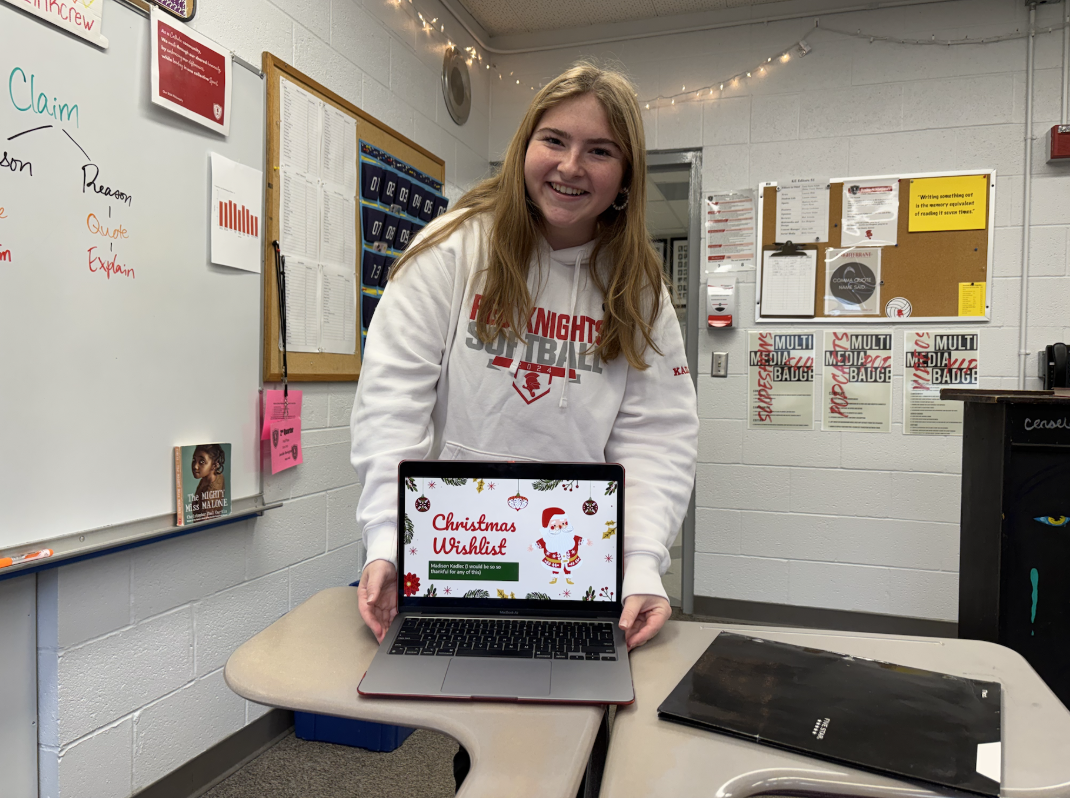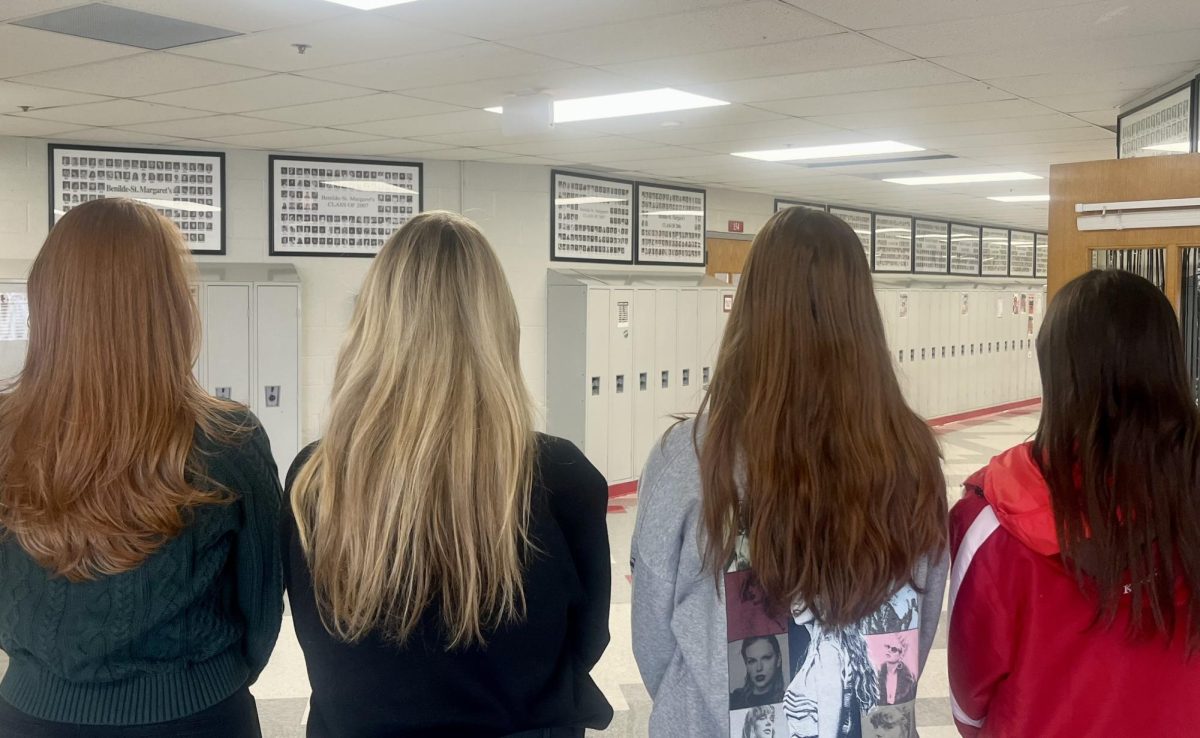My grandfather always exercised and would walk around the block every day, even when it got difficult in his old age. Although questions about the severity of his Alzheimer’s led my grandmother to be worried when she let my grandfather out of her sight, she understood his need for independence and always allowed him to go on his walk. One day while walking, my grandfather got confused and went into his neighbor’s empty house thinking it was his own. In my grandmother’s despair, she called the police when she couldn’t find my grandfather around the block. When the police found him, he was sitting in a chair by the door calling my grandmother’s name, oblivious to any realization that this house wasn’t his.
To be honest with you, Alzheimer’s disease is the scariest thing in my life. A genetic disorder most common in females was passed down to me from males on both sides of my family. I essentially have about an 80% chance of developing the disease if there isn’t a cure found in the near future. Everyday I think about what would happen to me if I had Alzheimer’s; if I couldn’t tell my granddaughters about my life when I was their age; if I became completely dependent on family or even strangers; if I didn’t know how to walk or how to talk. It’s scary, and it always will be. But do I want to live my entire life in fear of a disease that may or not affect me in fifty or sixty years? No. We can’t continue to be afraid of the future; we need to do something about it. We need to get up in the morning and live every moment that we have left, because every second we waste is a second that we will never get back. We need to remember that we can’t control the world, but we can’t let it control us either.
Before my grandfather died in 2009, he had lived in a nursing home for about a year––my grandmother faithfully visiting him everyday. She quickly became loved by the staff of the home and made relationships with some of the less-impacted residents as well. No matter my grandfather’s condition, my grandma would go and talk to him about her day, make sure that he was wearing clean clothes, and bring him his favorite snack––Nutter Butters. Although her husband of over 50 years couldn’t remember her name or that he was married to her, my grandmother never felt condemned or isolated when approaching her husband and his disease. She always brought a smile to everyone’s faces when she told stories about her ‘muscular’ husband, always remembering the good times and embracing the part of her husband she had left.
While visiting my grandfather at his nursing home a few years ago, my brother was approached by an older lady who wanted him to help her get out of the home. She explained that she was lost from her family and that they must have forgotten her when they went home from their trip. The older lady, Louisa, kept approaching my brother throughout our entire visit and talked in rapid Spanish, asking him, “Por favor, necesito tu ayuda para escaparse a este lugar entonces veré mis hijos,” each time promising more money if she could just get home. She kept repeating that she wasn’t supposed to be there, and that she just forgot the code that would get her out. The code was 1-2-3-4. No one had ever gotten out.
Such instances make it easy for family members of such patients to become depressed and want to distance themselves from their loved ones. Many of my grandmother’s friends in her Alzheimer’s support group would reminisce about life without the burden of seeing someone they love in such a condition, wishing they didn’t have to see them deteriorate into such a comatose state. But instead of finding fear of the future, of a world that we don’t understand, of the reasons that create these situations, we need to embrace what we need to embrace what we have left of the people that we love. As much as it may be hard to do at first, taking the time to laugh and find joy in the worst of situations can change a devastating situation into an inspirational experience. It’s not adversity itself that defines a person, but rather how they are able to respond to life’s challenges.
In order to attempt to help their loved ones remember any possible detail of their lives, families of the Alzheimer’s patients at my grandfather’s nursing home create memory boxes with key events and stories about their family member’s life outside their rooms. For some patients this helps them find their room when they forget, for others their box articulates some of their past, but in my grandfather’s stage of the disease he didn’t understand the letter from his parents when he was stationed in Word War II, the picture of his thirteen grandchildren, or the golf clubs that he spent almost his whole life with. Instead, every time Papa arrived at his room, he saw the picture of him in the doorway and said, “That’s Frank Magill!” He was excited to enter the room because he explained that a great person lived there, and he always said that he really wished he could meet him. In no way whatsoever did he remember that this was his picture or his room. No matter how many times we entered it.
But despite the actual impact on my grandfather, this memorabilia symbolizes much for my family. I never knew my grandfather before he had Alzheimer’s, and seeing his childhood, reading about his accomplishments, and just learning about his life inspires me to find the humanity in his life and everyone else with the disease, no matter their condition or challenges. These possessions remind me to love everyone and everything I have, because you never know when you might lose those memories forever.
My grandfather took to socializing while his Alzheimer’s progressed. He sat on benches all day and watched people walk by, waving at strangers and kissing the hands of every little girl in the vicinity. At restaurants he ate all of the packets of butter, jams, and honey on the table and continually rearrange the contents of the table in order to “help the waitresses.” While sometimes his impatient nature could be uncomfortable for us while in public, we laughed and always enjoyed his banter with the twenty-three year-old waitresses. His joy and loving nature, whether as a side effect of his disease or a lifelong trait, reminded us that his life still had meaning and purpose, even if he couldn’t articulate it.
Sometimes in life it’s easy to hold onto the past and wish that everything could just stay the same. But people change, adversity comes, life happens. Only when we deal with such challenges with strength, love, and hope can we live our lives to the fullest. Only then can we understand the true meaning of our lives.
One day, my grandmother went to visit my grandfather at his nursing home and she found him asleep on his bed with all of his clothes and shoes on. She came up to him and asked if he wanted to go on a walk with her around the nursing home. He got up abruptly, but before reaching the door, stopped, looking desperate. My grandmother stopped as well, and asked what was wrong. He told her, “I just have to ask you something. Will you marry me?”
I have never truly known my grandfather. He never told me about his life as a child, about where he went to college, or his life in the Army. He couldn’t tie his shoes, get dressed, talk, or even walk without assistance by the time he died. He never knew my name. But I still call him Grandpa.










































Lynn Fleming • Apr 25, 2013 at 4:05 pm
Beautifully written and a real tribute to your Grandma and Grandpa. Well done Liza!